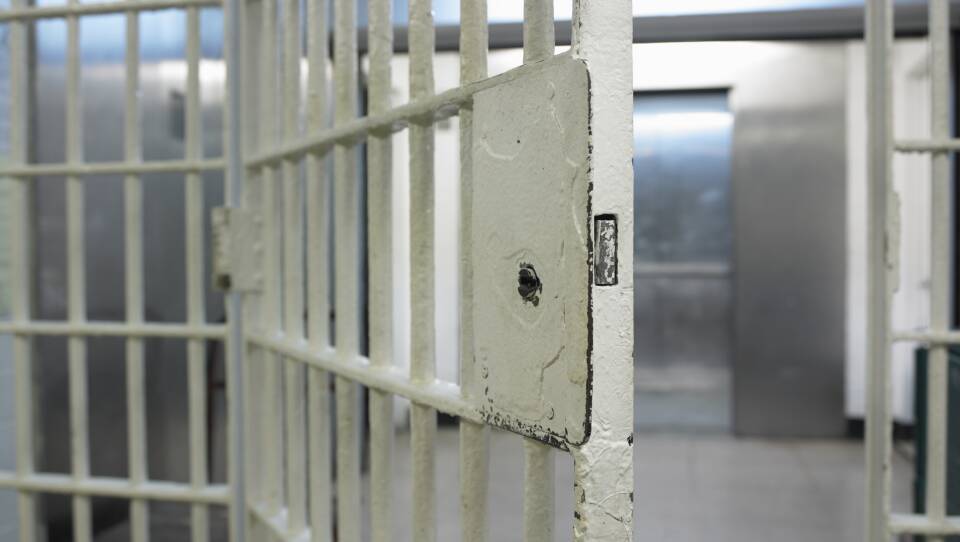Amid mounting cases of COVID-19 in the state’s prisons and jails, a group of community organizations are calling on Gov. Charlie Baker and top lawmakers to push the Parole Board to expedite releases of eligible parolees.
More than 70 organizations on Tuesday sent a 10-page letter alerting state officials to what they call “serious concerns” about the parole system, including what they allege are low release rates, long delays for decisions and unnecessary re-incarceration of parolees who haven’t committed new crimes.
Elizabeth Matos, executive director of the Boston-based Prisoners’ Legal Services, says organizations have long been concerned about the efficacy of the seven-member Parole Board — but continued health risks related to the pandemic make reform more urgent.
At least 17 people incarcerated in the state’s prisons and jails have died of COVID-19 since the pandemic began, four since late December, data shows. More than 3,000 prisoners have tested positive for the disease in a prison population now hovering just under 13,000, according to data provided by officials to the American Civil Liberties Union of Massachusetts.
“There's no evidence that they are making a concerted effort to use parole to mitigate the impact of COVID,” Matos said. “People are literally dying on a weekly basis at this point.”
Jake Wark, a spokesman for the Parole Board, released a written statement on Tuesday saying the state agency is working to reduce the prison and jail population in accordance with the law. “By adopting new tools, strategies and partnerships, the Board remains committed to its mission to promote successful re-entry, benefiting both parolees and the communities in which they live,” he said.
The Massachusetts parole system is the oldest in the country and has been the focus of calls for reform for years — but it was largely left out of the state’s criminal justice overhaul in 2018.
The length of time between hearings and decisions for inmates with life sentences rose from an average of three months in 2015 to more than nine months in 2018, according to an investigation published last year by the GBH News Center for Investigative Reporting and The Boston Globe.
Parolees had been returned to prison for violating conditions of their parole like drinking a glass of wine and talking to a former prisoner, the investigation showed. The parole board has also faced criticism for its treatment of mentally ill patients.
This week’s letter listed a series of community groups, including the Justice Resource Institute in Needham, the Charles Hamilton Houston Institute of Race & Justice at Harvard Law School and the Prisoners’ Assistance Project at Northeastern University.
Attorney Patricia Garin, who co-runs the Northeastern law clinic, said the Parole Board has long been behind in its work but that now the delays are more dangerous. State data shows the population of incarcerated people has dropped from about 15,000 in April to less than 13,000, but advocates say that is not enough.
“With the advent of the COVID crisis, it makes all of these delays so much more critical and so much more problematic and so much more deadly,’’ she said.
In the letter, advocates listed a series of issues and recommendations, and they ask state officials to meet to find ways to move forward. Garin said she has hope but is also skeptical.
“We have not seen any progress in a long time,’’ she said. “We're hoping to get some support from the executive branch and the Legislature to get the parole board to do its work more effectively and expeditiously.”





